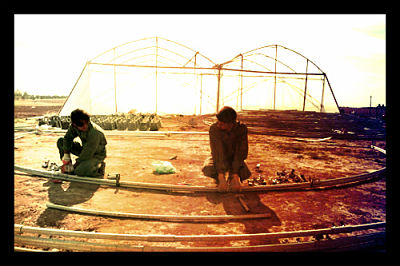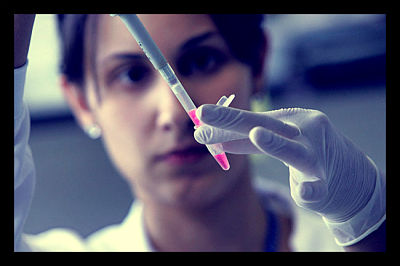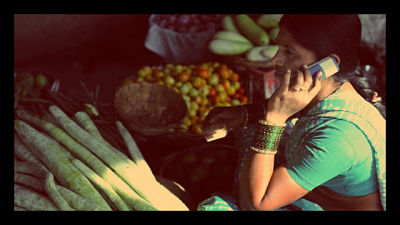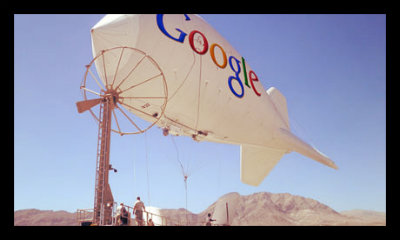 PATH, formerly known as the Program for Appropriate Technology in Health, is an international nonprofit organization that focuses on developing innovative, high-impact and low-cost health solutions in more than 70 countries.
PATH, formerly known as the Program for Appropriate Technology in Health, is an international nonprofit organization that focuses on developing innovative, high-impact and low-cost health solutions in more than 70 countries.
PATH attempts to address a wide breadth of health problems ranging from vaccines for bird flu, to cheap ways to heal broken bones, to developing practical ways to purify water. The organization focuses to a large extent on collaboration. They develop health solutions with the communities that will use them, keeping them in contact with the specific needs of the people they serve. According to their website, PATH “infuses innovation and collaboration into those solutions to ensure they work in poor as well as rich countries.”
PATH began in Seattle, Washington in 1977 with the goal of implementing new contraceptives into poor countries that needed them but could not afford them. Now PATH has expanded to include all health issues in developing countries.
Today, the innovators at PATH now spend their time trying to figure out how to meet basic health needs. In the face of this daunting task, the secret to operations at PATH is their specific and autonomous projects.
PATH is organized project by project with small teams gearing solutions towards very specific health issues in specific communities. A large portion of PATH staffers also come from the for-profit community, making it easier for PATH to forge partnerships and deals with commercial companies which, according to PATH’s website, “…are a critical and unique element of our approach.”
One significant health technology developed by PATH is their Ultra Rice. Ultra Rice is made from combining rice flour with essential micronutrients and then molding the product into a rice shape. These new fortified rice grains are typically blended with normal white rice to fight malnutrition in poor communities. By addressing things like iron deficiency, vitamin A deficiency, folic acid deficiency and zinc deficiency, Ultra Rice gives children in developing countries the opportunity to grow into health adults and become productive members of their communities.
Ultra Rice is just one example of how PATH is using innovative technologies to transform the developing world. The organization’s work is important given that, in many communities, solvable health issues like malnutrition are the biggest obstacles to development. Innovations like Ultra Rice give these communities the ability to overcome obstacles and rise out of poverty.
– Martin Drake
Source: PATH, XConomy
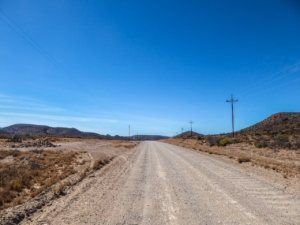 Poor infrastructure is one of the chronic issues in African countries. Power grids, water supply, and gas lines are often unreliable or non-existent. Of all these, however, perhaps the most basic and necessary are roads—the foundation of trade and thus economic growth. Yet despite their great importance, roads in Africa are usually difficult to traverse, dangerous, or outright unusable.
Poor infrastructure is one of the chronic issues in African countries. Power grids, water supply, and gas lines are often unreliable or non-existent. Of all these, however, perhaps the most basic and necessary are roads—the foundation of trade and thus economic growth. Yet despite their great importance, roads in Africa are usually difficult to traverse, dangerous, or outright unusable.